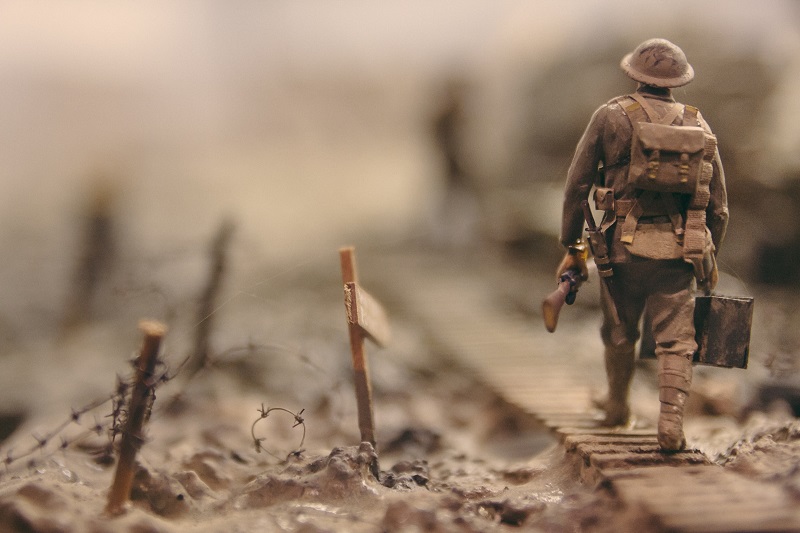
Remembering Okinawa: Japan Marks 78th Anniversary of One of World War II’s Bloodiest Battles
Okinawa goes down in history as one of the deadliest and bloodiest battles of World War II. This week marked the 78th anniversary for The Battle of Okinawa, in which about 200,000 people were killed when hundreds of thousands of U.S. Army descended on the Japanese island in the East China Sea.
The U.S. regarded this as a key island and knew that if Okinawa fell, Japan would too. It was crucial for the American forces to secure Okinawa’s air bases to successfully invade Japan. Looking back into the hourglass, Okinawa Gov. Denny Tamaki called for more diplomatic efforts toward peace. He said people fear military building on the islands getting caught in regional tensions.
Tamaki said the people of Okinawa suffered unimaginable damage. The anniversary reminds them of the absurdity and cruelty of WWII, and the lessons they learned from survivors. Japan condemns all forms of war and renews determination never to turn their Okinawa into a battle zone. The Governor highlighted that Japan’s new security and defense strategies are creating fear among Okinawans, the horrific memories of the battle of Okinawa still fresh in their minds. Tamaki believes diplomacy of peace through dialogue is the right solution. Diplomacy can nurture trust and ease tensions through dialogue. The Governor said Okinawa’s location, history and culture contributes to peace and prosperity in the region through exchanges in tourism and environment.
Keep Reading
Japanese Prime Minister Fumio Kishida renewed his determination to not repeat the tragedy of the war. He said the peace and stability of today was all owed to Okinawa’s sacrifice. Kishida said its crucial for Japan to strengthen its defense posture in the southeast region. As such, the island nation is increasing deterrence and response capabilities of the Japan – U.S. alliance. Moreover, Japan has adopted new national security and defense strategies aiming to double defense spending over the next five years.
This means, the Japanese would have significant military building and more strike capability. Its Defense Ministry has also installed missile defense units on Ishigaki and Yonaguni, nearby islands to Okinawa, in an effort to reinforce its defense amid China – Taiwan tensions. Furthermore, there are U.S. bases on Okinawa, under a bilateral security pact, between Japan and Washington, with 50,000 U.S troops. But because of this, the residents of Okinawa harbor resentment. There’s still bad blood.



